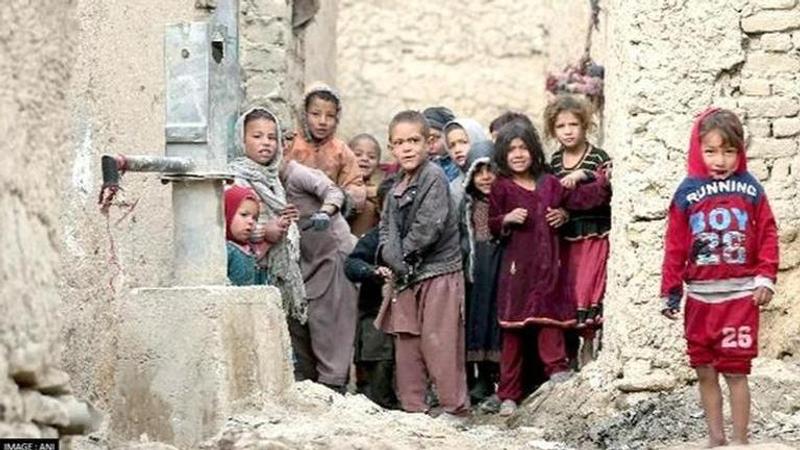Published 20:35 IST, October 26th 2021
Afghanistan: 22.8M to face severe hunger; 3.2M kids to suffer from malnutrition, warns UN
More than half of Afghanistan's population is on the verge of experiencing extreme food insecurity from November, says the United Nations aid agencies.

According to United Nations aid agencies, more than half of Afghanistan's population (a record 22.8 million) will experience extreme food insecurity from November.
This data on acute hunger was revealed in a new report issued by the Food Security and Agriculture Cluster of Afghanistan, co-led by the Food and Agriculture Organization (FAO) of the United Nations and the World Food Program (WFP).
A WFP report states that the combined effects of COVID-19, conflict, drought, and the economic crisis have severely affected livelihoods and people’s access to food.
The conclusions of the survey threaten to restrict areas of the nation where residents rely on humanitarian help to survive Afghanistan's harsh winters and the months of the freezing winter.
According to the Infection Prevention and Control (IPC) research, from November 2021 to March 2022, more than one in every two Afghan citizens experienced extreme food insecurity at critical and urgent levels, resulting in the requirement for immediate humanitarian assistance for basic food needs, to protect livelihoods, and to avoid humanitarian disasters.
How can Afghanistan deal with this issue?
According to the research, this is the most acute case of food insecurity ever reported in Afghanistan during the decade that the UN has undertaken an IPC investigation. Afghanistan is one of the most populous countries in the world with chronic food insecurity.
"Afghanistan must move quickly and effectively to speed up and scale supply before the winter isolates most of the nation, including farmers, women, toddlers, and the elderly." Frozen winter has left millions of people hungry. It's a life or death situation. We can't wait for a humanitarian catastrophe to strike. "This is inexcusable!" said Qu Dongyu, FAO Director-General.
"Afghanistan is presently experiencing one of the world's greatest humanitarian crises, and food security, if not the worst, is on the verge of collapse. Unless we can enhance our life-saving support this winter, millions will perish. Humans in Afghanistan will be forced to choose between migration and starvation, and until the economy recovers. "We are on the verge of calamity, and we must act now, or we will put a full tragedy into our hands," said WFP Executive Director David Beasley.
As a result, hunger is on the rise, and children are dying. To deal with this issue, funding commitments must be converted into cash, and the international community must come together.
The IPC report shows a 37% increase in the number of Afghan nationals enduring extreme hunger since the final evaluation in April 2021, according to World Food Programme.
By the end of the year, 3.2 million children under the age of five are likely to suffer from acute malnutrition. WFP and United Nations Children's Fund (UNICEF) issued a warning in October that one million children were at risk of dying from severe acute malnutrition if they did not get immediate life-saving treatment.
Image: ANI
Updated 21:15 IST, October 26th 2021




